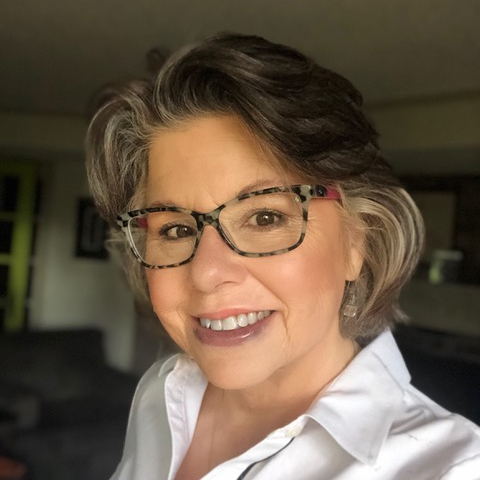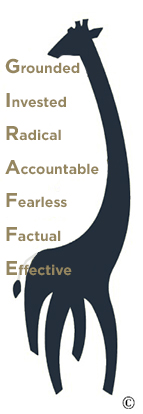Written by Julie Bryan, CIO
FEWER, BIGGER, STRONGER:
COVID-19 has transformed the world and is the tipping point for the convergence of humanity and technology. This convergence shifts the global economic paradigm. Those companies that have developed the competitive advantage of blending the efficient use of technology and the sensitive understanding of information processing with human knowledge and wisdom will thrive. Those that have not will languish, or stronger competitors will take them over. We see this economic cycle as one of fewer, bigger, stronger.
The science of technology tailored to the critical needs of society offers not only corporate prosperity, but also the survival of civilized society. Combining the best of humanity with the best of technological innovation enables governments and businesses to achieve more with less over historically short periods and therein foster long-term stable economic growth.
The perfect blend of humanity and technology is well described by “HUMALOGY®.” Some examples in our time include United Healthcare’s efforts to develop protocols and processes to more readily and frequently test healthcare professionals on the front line of the COVID virus, deploying new technology to ensure safe and full availability of this critical workforce. Another example is the global community of biotech researchers working to combat the COVID virus. “Usual imperatives like academic credit have been set aside. Online repositories make studies available months ahead of journals. Researchers have identified and shared hundreds of viral genome sequences. More than 200 clinical trials have been launched, bringing together hospitals and laboratories around the globe”. In addition to collaborative research, government funding of COVID-19 vaccine research demonstrates multi-institutional commitment. Outside of the medical community, companies such as Zoom Technology are facilitating safe, productive, collaborative human connection. “Zoom” technology is enabling families, friends, and businesses to connect efficiently and conversationally via multi-person video conference calls.
THE ECONOMY AND FINANCIAL MARKETS:
The efficient market hypothesis, which refers to the notion that securities price all publicly available information immediately and therefore no alpha generation is possible, tends to drive what “fair value” looks like over the longer term, but there is reason to question this over the shorter term. In the short term, for example, as companies eliminate their 2020 earnings guidance, analysts are challenged on valuation metrics. Traditional valuation measures have led to a less efficient market at this time.
Our outlook for the economic cycle the United States will move forward through includes slow growth and low inflation due to financial repression, which will cause reduced demand. High levels of public debt relative to gross national product historically have led to reduced growth. Potential GDP growth for the United States is expected to approximate 1.7% as we move through this decade. An outlier concern we have is the potential for interest rates to rise if the global buyers of treasuries demand a higher return for the perceived risk.
Instead of looking to typical early-cycle sector leaders, we are focused on individual corporate components or attributes that will enable success in the coming economic cycle. We believe that the emerging corporate leaders are well-capitalized, cash flow rich, technologically sophisticated, and well-endowed in terms of leadership. Significant societal needs will characterize this cycle at the same time that debt-encumbered governmental bodies will be resource-constrained. Success will be complicated and challenging. We believe successful companies will sell at a premium valuation.
CONCLUSION:
In an environment of slow economic growth, coupled with high public debt levels, those companies that maximize potential growth through productivity and creativity will gain a competitive advantage. COVID-19 has accelerated that transition to a new economic cycle that is characterized not by sectors that benefit, but by individual companies that can thrive in a period of financial repression. Financial flexibility, thoughtful leadership, and a dynamic workforce are key to success in the post-COVID world.
We see this decade therefore as survival of the fittest with private-public endeavors solving societal challenges such as access to cost-efficient and outcomes-effective healthcare, food and housing security, as well as individual, governmental, and corporate productivity in an age of resource deprivation. We anticipate solutions to the tremendous Maslowian needs of society will be the only path possible for stable economic growth that underpins a civilized society, as well as stable financial markets, over the longer term.

Written by Julie C. Bryan, Chief Investment Officer
Connect with Julie here: https://www.linkedin.com/in/juliebryan/
Tags: Allen Trust Company, COVID-19, Covid19, economy, finances, humalogy, Julie Bryan, Profitability, technology, World Impact






